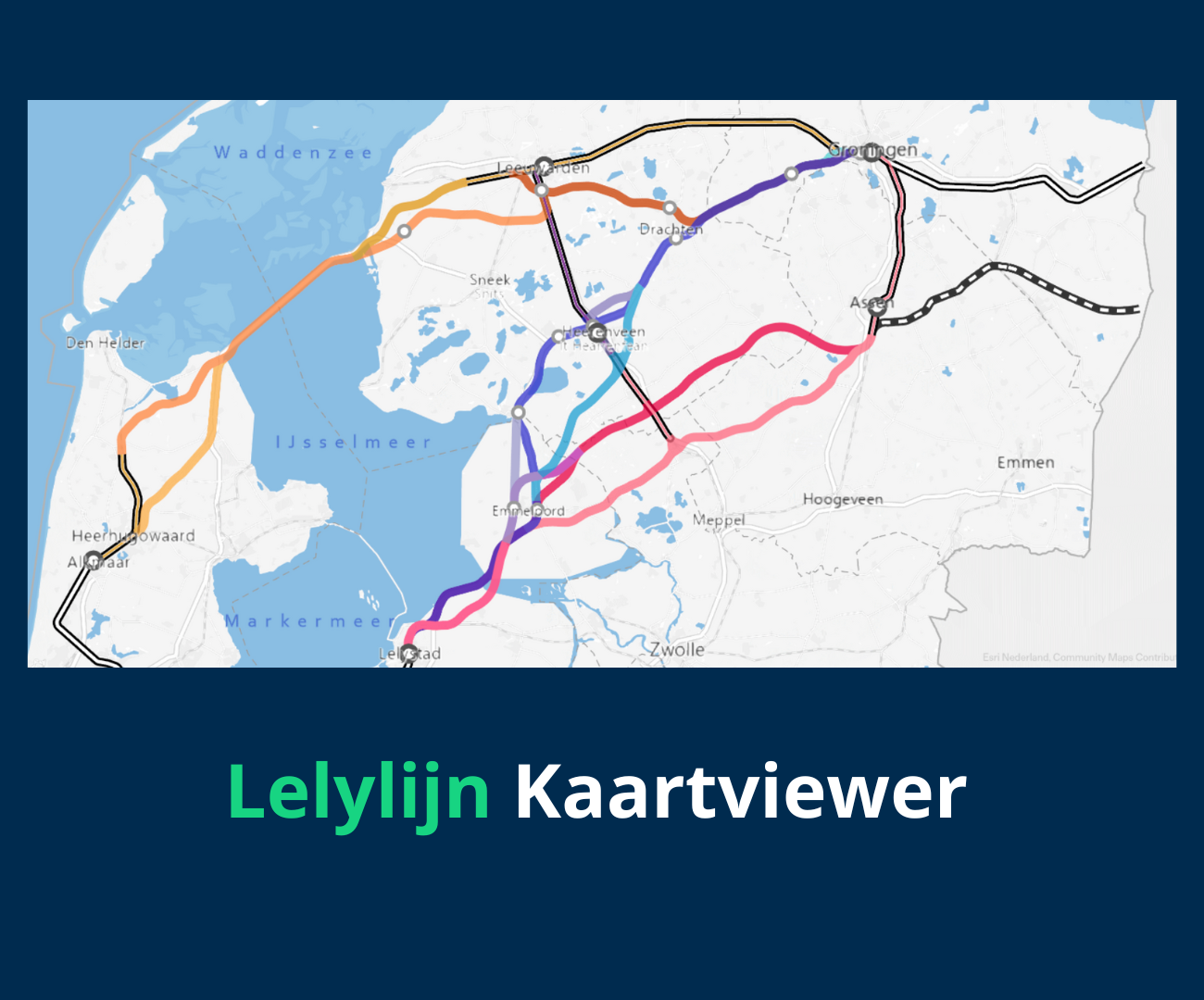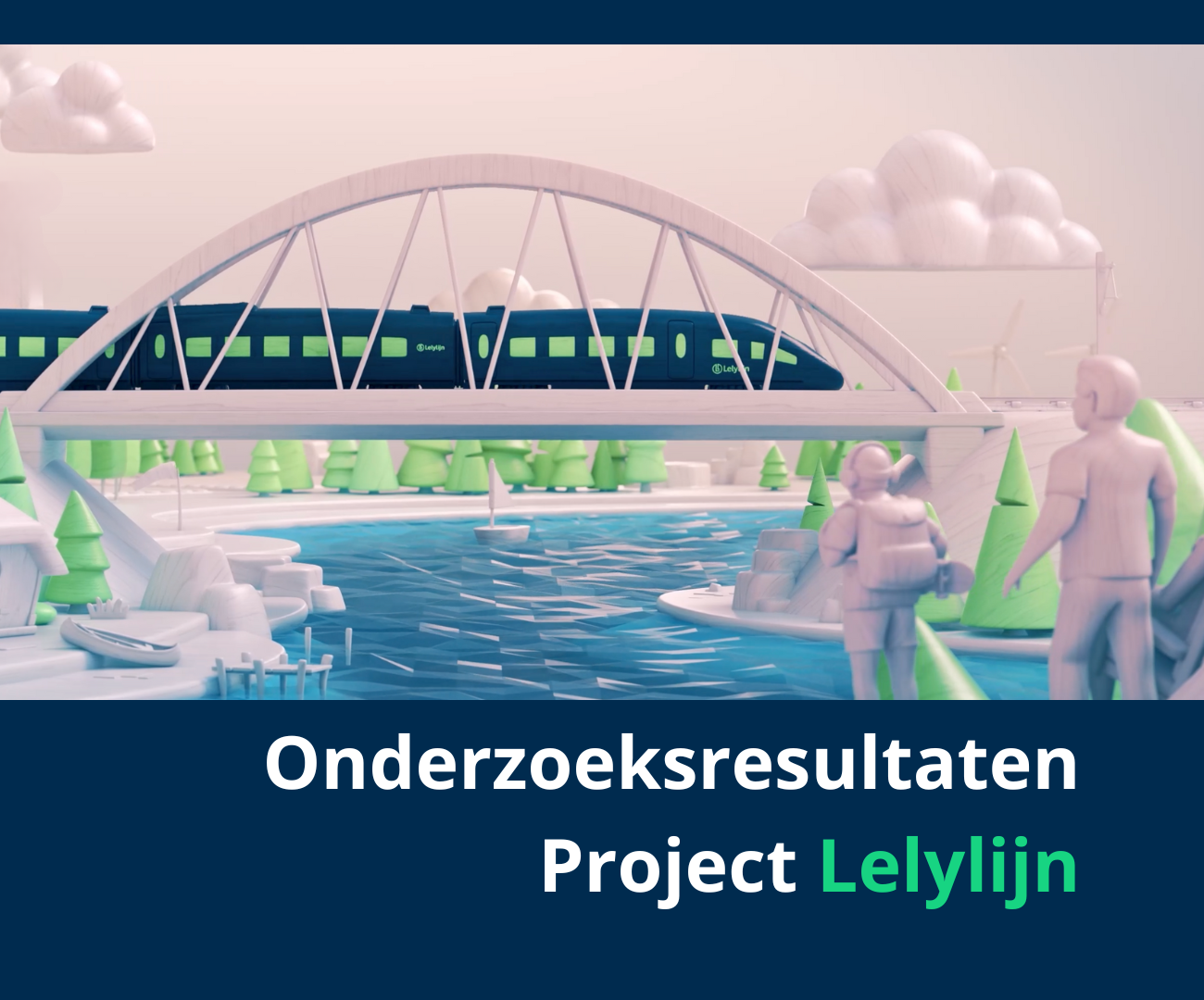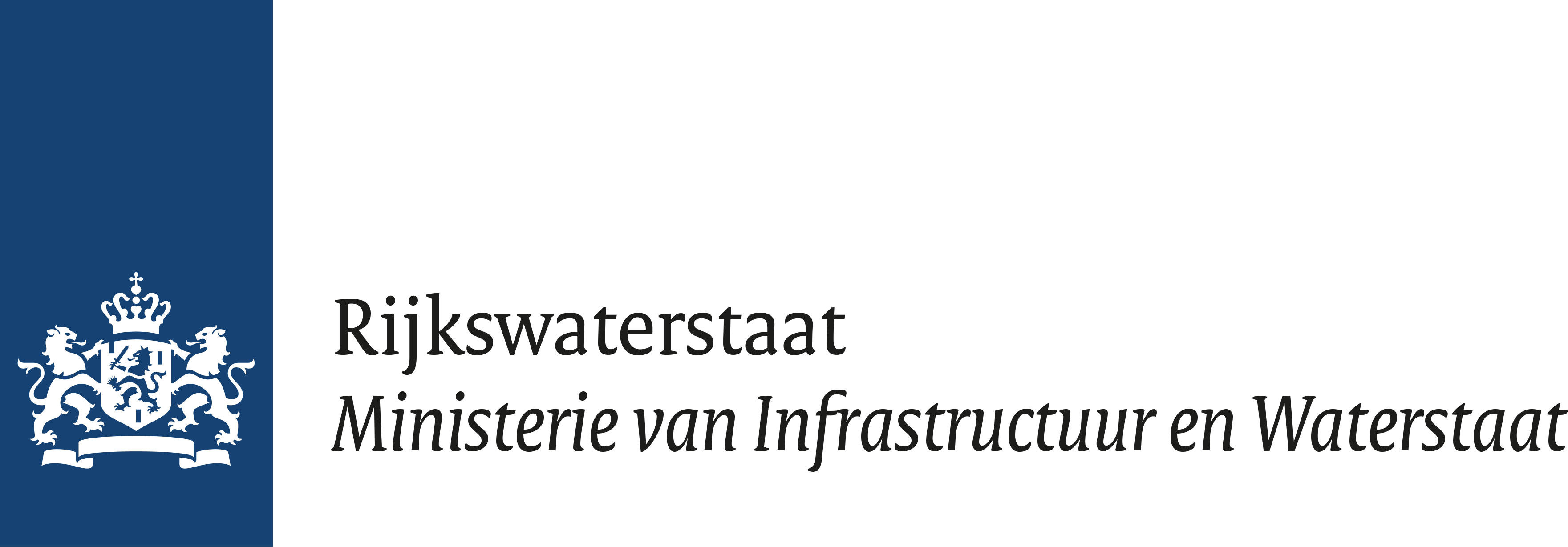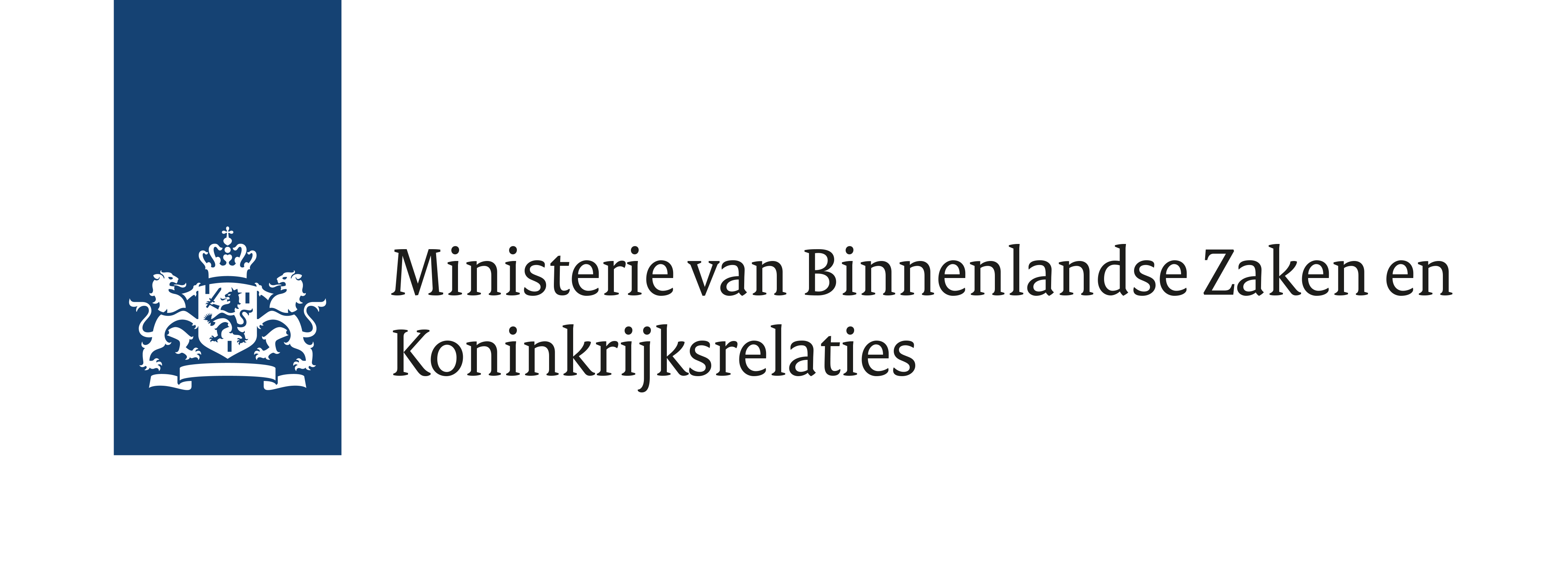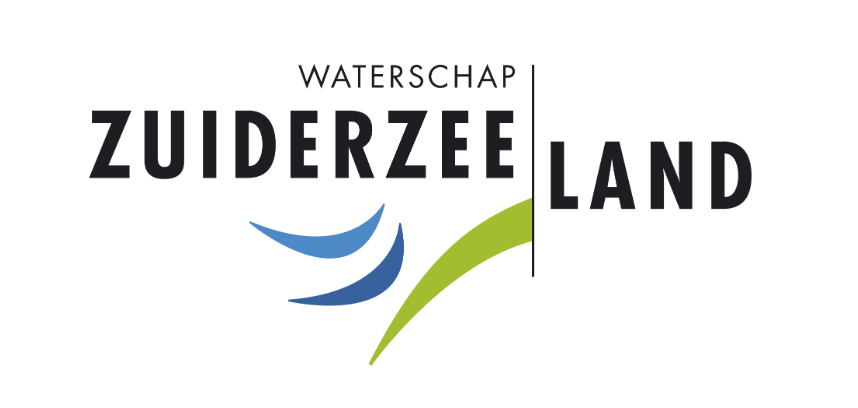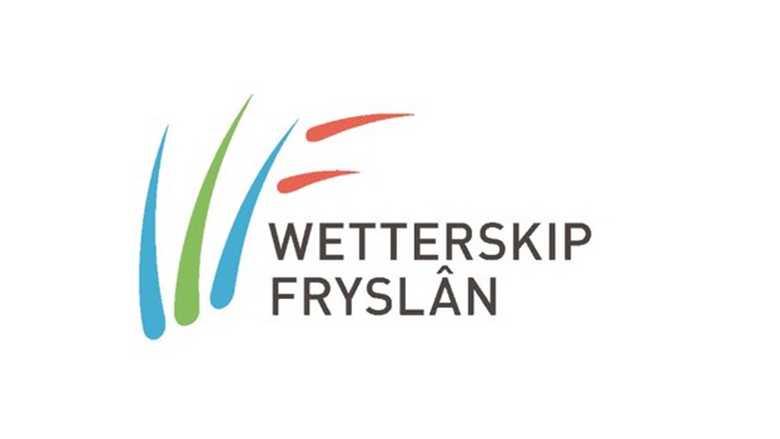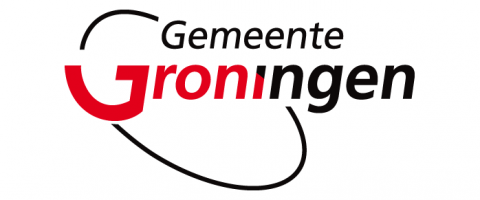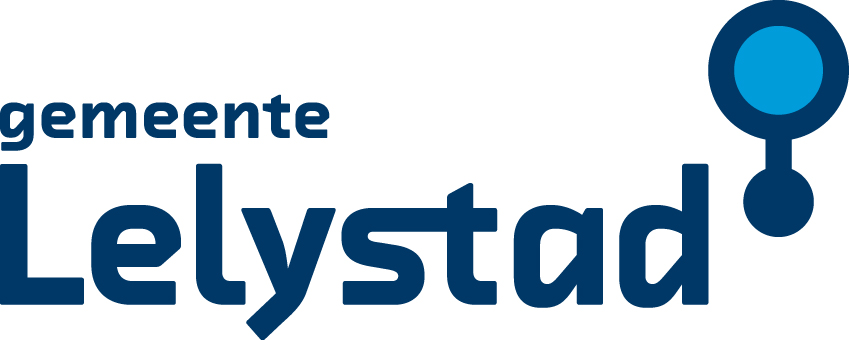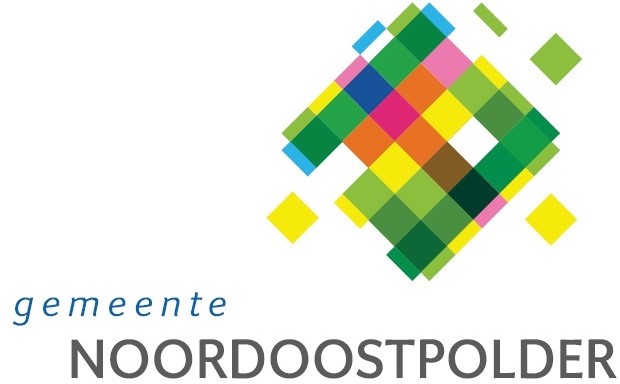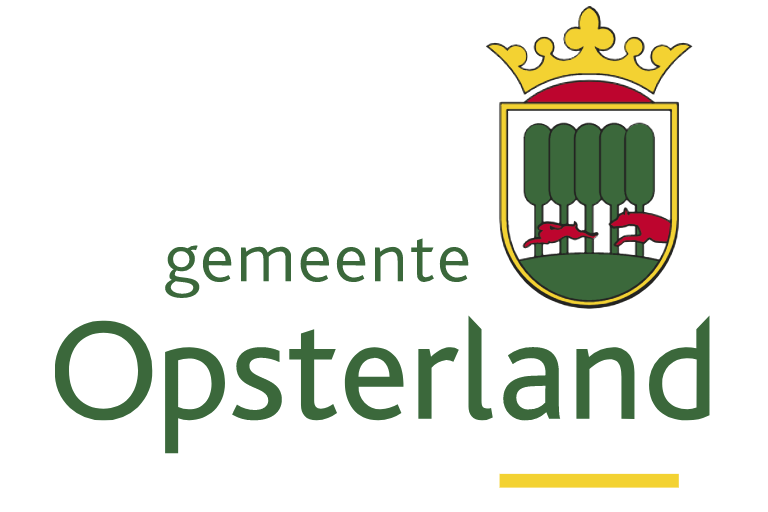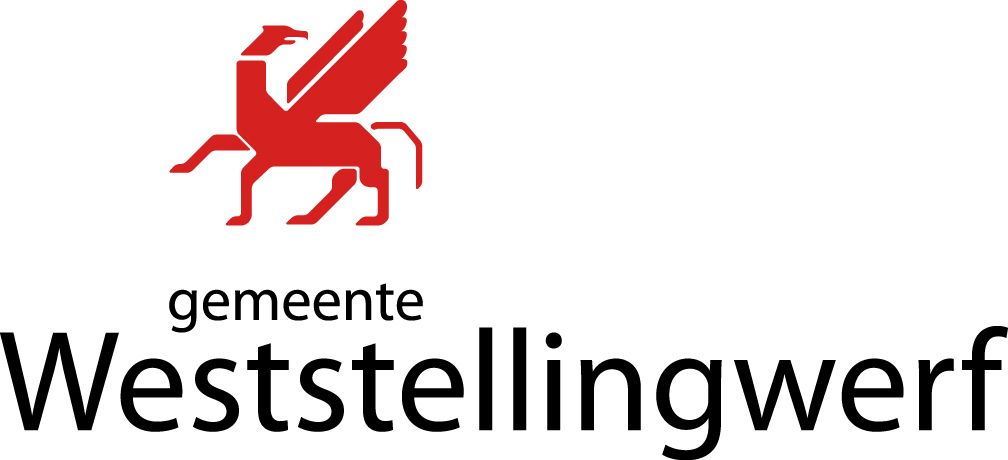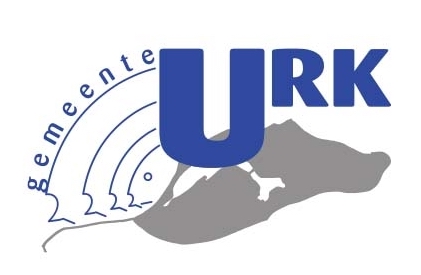06 September 2023
Accessibility research for the Lelylijn: towards a better connected Netherlands
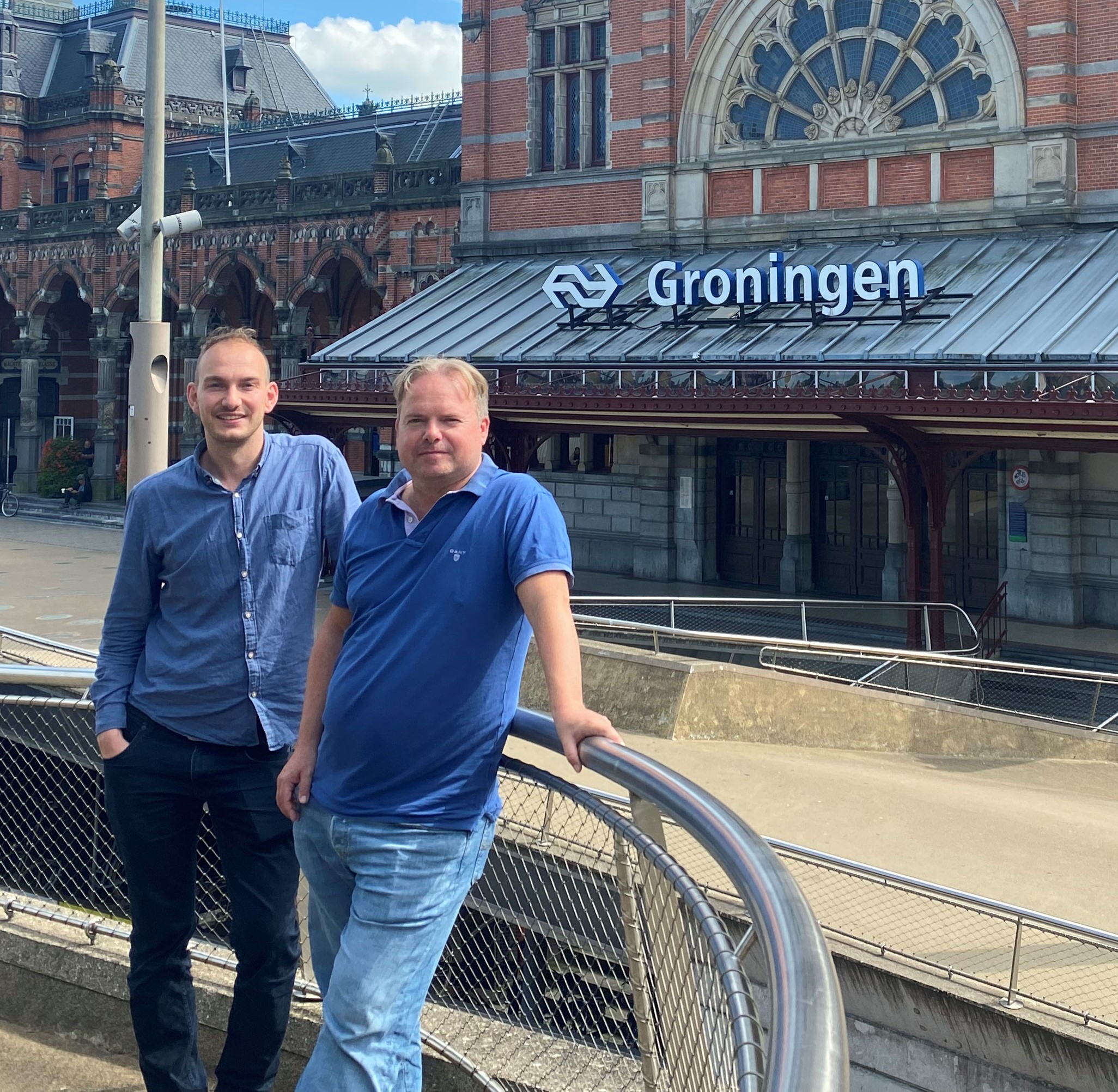
Based on the conviction that we can connect regions better and more sustainably, Bas Schimmel and André Buikhuizen are conducting accessibility research for the Lelylijn. In addition to working for project organization the Lelylijn, Bas Schimmel works at the Ministry of Infrastructure and Water Management and André Buikhuizen at the Province of Groningen. They give us a glimpse into their work for the Lelylijn: from outlining basic alternatives, making projections of passenger numbers, to researching impacts on the environment.
From thick to thin felt-tip lines
Schimmel and Buikhuizen, along with several colleagues, mapped five basic alternatives for the Lelylijn. “The basic alternatives came about after sessions with policy staff and other stakeholders from provinces and municipalities,” Schimmel says. These alternatives are drawn coarsely and thickly on the map; they are the starting point for further analysis. “Eventually we want to move to thinner and more precise lines on paper. After careful analysis, eventually the three most promising alternatives will be selected for further study. Ultimately, we will work toward one administratively preferred alternative.”
Basic alternatives under the microscope
The two gentlemen stress that the study is being conducted thoroughly and carefully to include all possible aspects and impacts on the environment. “For each basic alternative to be worked out, we calculate how many passengers with certain frequencies will use the train,” Buikhuizen explains. “To that we make cost estimates. Infrastructure also has to be built. How can the rail line be fitted into an environment? Where exactly can the line pass? Does a railroad line fit into a certain area or do we have to take special measures there?”
Care over speed
Schimmel and Buikhuizen are gathering a lot of information from provinces, municipalities, water boards and residents. “No choices are made at this stage,” Schimmel said. “We hope that one administratively preferred alternative will be chosen by the end of 2024.” The exploration phase can then begin in 2025. This phase is marked by further research, such as making an environmental impact assessment. “It is a careful process,” Buikhuizen said. “We do owe that to all residents of the Netherlands. If the Lelylijn goes ahead, there is a chance that it will be in some people’s ‘backyard.'” Schimmel: “It is a huge project that costs a lot of money. For the outside world, it is sometimes hard to understand that we are not making choices at this point. But we really still have to go through a number of steps to properly substantiate such choices. So right now we are exploring all the edges of the playing field.” Buikhuizen complements him: “We would like everyone to be able to contribute to the Lelylijn. But that does mean that the research and elaboration will take time. De Lelylijn has a big impact on people. We are talking about one of the longest railroad lines in the Netherlands.”
Track innovations
In addition to working for project organization the Lelylijn, Bas Schimmel works for the Ministry of Infrastructure and Water Management and André Buikhuizen for the Province of Groningen. Among other things, Buikhuizen is coordinator of projects involving existing track, and Schimmel also coordinates investigations into the Lower Saxony Line from the Ministry. There is some common ground with the Lelylijn, for example in terms of innovation opportunities. “We are watching with interest the expected developments around autonomous transport, or other modes of propulsion, such as hydrogen,” Buikhuizen said.
Passion and commitment to De Lelylijn
André Buikhuizen is from the northern Netherlands and, after studying Economic Geography, played a role in various public transportation projects. He likes the creative aspect of his work best. “I like thinking about how something might look in the future, what solution directions there are within the constraints of the environment.”
Bas Schimmel has experience with several rail line projects and has a keen interest in stations. “At stations, the biggest spatial challenges come into play. For example, how does a station fit into its surroundings? As a traveler, you spend quite a lot of time at the station, so it is important that they are nice, good places to stay.” Schimmel lives in Haarlem. “The current railroad is vulnerable in a number of places, such as Zwolle – Meppel. Right now, three provinces are linked to one piece of track. De Lelylijn is in my view a great opportunity to improve the current vulnerable situations on the railroad.”



